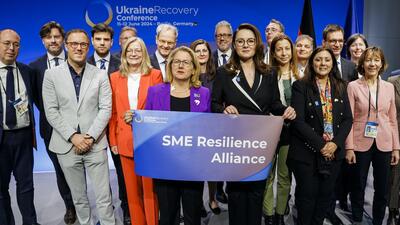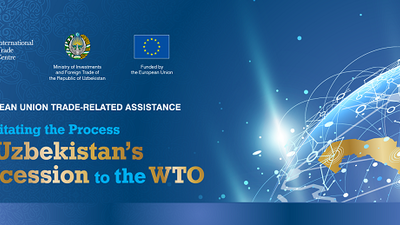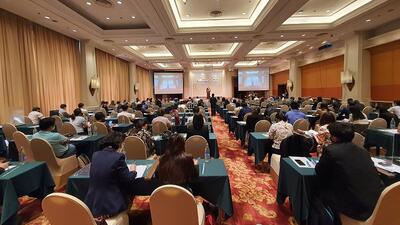Mastering the benefits for businesses of the WTO Trade Facilitation Agreement in Nepal
For Naresh Agrawal, Vice President of the Nepal Freight Forwarders Association, the major roadblock to international trade is the country’s landlocked nature. “Because we are a landlocked country, our options for trade are limited,” says Agrawal.
In addition to that, various natural calamities that hit Nepal, especially during the monsoon, as well as the global COVID-19 pandemic have added challenges to the business of import and export.
To address these challenges, Agrawal participated in a half-day virtual training on the specifics of the World Trade Organization’s Trade Facilitation Agreement.
Businesses worldwide face a host of problems such as lengthy, redundant and outdated border formalities and procedures. That is why the World Trade Organization’s Members negotiated the landmark multilateral agreement, which officially entered into force on 22 February 2017, and was ratified by Nepal on 24 January 2017.
During the workshop, Agrawal and 25 other high-level representatives of various private-sector organizations built their understanding of the Agreement’s provisions that help make cross-border trade smoother. They also determined ways for the business community to become part of the Agreement’s implementation process to reap its benefits.
The International Trade Centre organized this workshop under the European Union-funded EU-Nepal Trade and Investment Programme, in collaboration with Nepal’s Ministry of Industry, Commerce, and Supplies.
“It is important for Nepal to implement the agreement so that we can request our trade partner countries to do the same,” Agrawal said after the training. “If Nepal as well as its main trade partners fully implement the Trade Facilitation Agreement, our job would be a lot easier.”
Mohammad Saeed, Senior Trade Facilitation Adviser at the International Trade Centre, said that Nepal has taken very ambitious commitments with regards to TFA implementation and its development agenda. “We want to support businesses and policymakers in Nepal to achieve their objectives, which can only be achieved through an inclusive participation, coordination, and collaboration among the governmental agencies and the private sector,” he said.
Ganesh Pandeya, Joint Secretary and Head of Multilateral Trade at the Ministry of Industry, Commerce, and Supplies said the private sector has an important role to play in the implementation of the TFA. “While the implementation of the Agreement is the primary responsibility of WTO Members, businesses play a critical role in the consultative process as to how the agreement is best applied in the national environment,” she said.
“We will continue promoting the Agreement’s implementation and supporting the diversification of the economy to support Nepal on its graduation from least developed country,” said H.E. Nona Deprez, Ambassador and Head of the Delegation of the European Union to Nepal. “All stakeholders need to work together to benefit from the Trade Facilitation Agreement to boost the competitiveness of small businesses, particularly those owned by women,” she added.
For Agrawal, the next step is to advocate the implementation of the Agreement’s provisions to the government. “Measures such as the Trade Facilitation Agreement need to be viewed holistically with other international practices to make trade more efficient,” he said.













